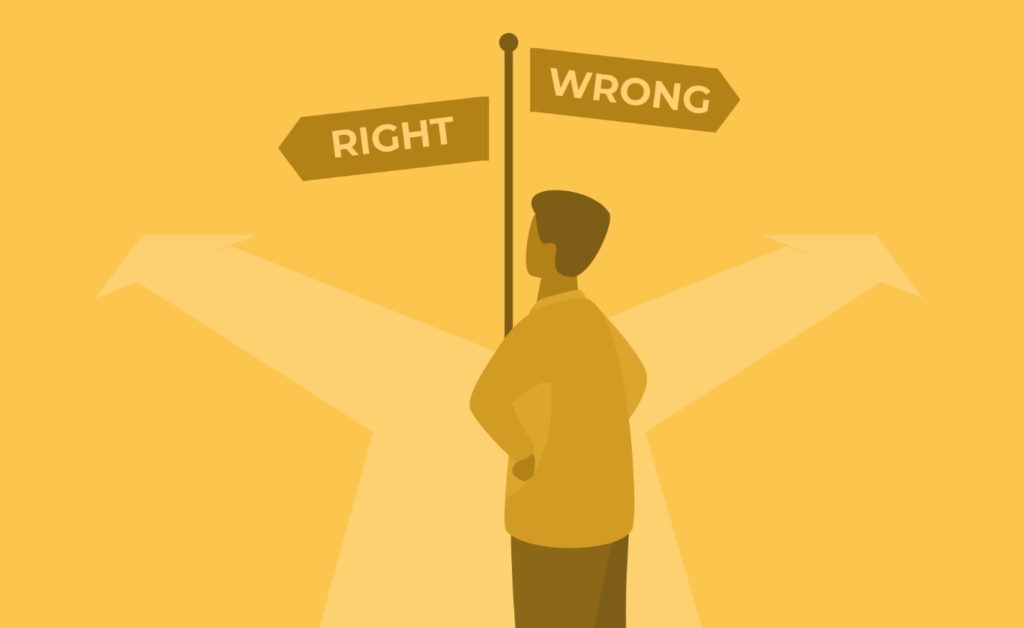
You might think you’re too busy to champion a cause.
With all of life’s stressors constantly demanding your attention, perhaps championing a cause seems like it would do nothing but add to your plate. But, the truth is it doesn’t have to take all your time (and money) to make a difference toward a cause that matters to you.
And, there’s a lot you’ll get out of it in return.
4 tips for finding a cause
Now for the million dollar question: what cause should you champion? Luckily, that’s totally up to you. That said, here are five pieces of advice to help you in your decision.
- Identify what matters most to you. Think about your passions, your values, and what energizes you. The right cause should give you energy, not drain it from you.
- Identify your gifts/abilities. List all the gifts you know you have and include any training or skills that bring you joy in using. The goal here is to match your gifts/skills with the causes most in need of them.
- Narrow it down. The easiest way to do this is by location. Do you want to make an impact locally or globally? The answer might be both, but consider realistically where your efforts could have the most impact.
- Don’t focus on the bottom line. It doesn’t take money to support a cause or to make a meaningful contribution. Interested in volunteering? If you have time to offer, check volunteermatch.org. You can type in your city, a date, and what sort of cause you would like to volunteer for (for example, “education”), and it will give you organizations you can support that day.
- Think long term. If a recent natural disaster or humanitarian crisis is pulling on your heartstrings, you might think “hurricane relief” or “refugee work” should be your cause. But, championing a cause is different than giving immediate support.
What you’ll get out of it
Championing a cause will improve your sense of accomplishment and agency; and working with a cause you really care about will help you to feel motivated and inspired especially as you witness your direct impact.
Unlike other areas of your life where you may feel you lack control, championing a cause lets you choose how, where, and when to make a difference. Not to mention, it’s a great way to meet new people who have the same values, improve or learn new skills, and put your talents to work.
So, put yourself out there and use those gifts of yours to help build a better world!









